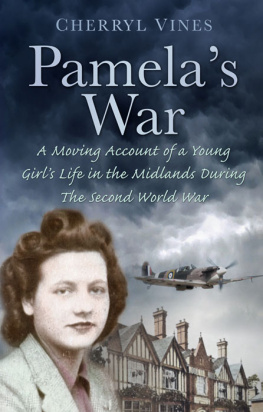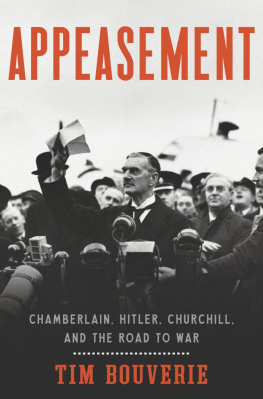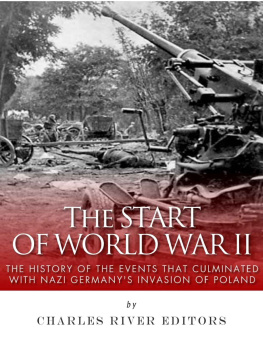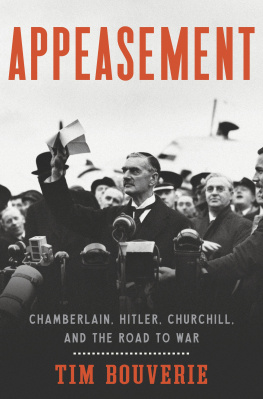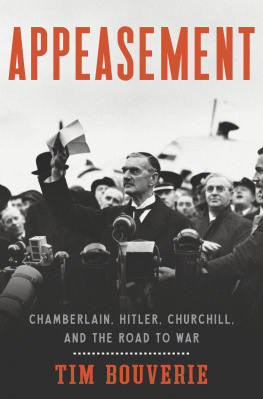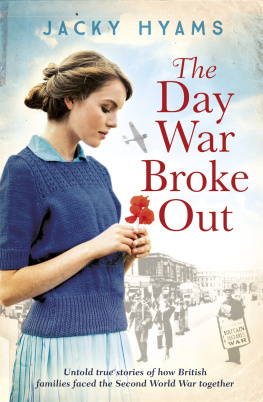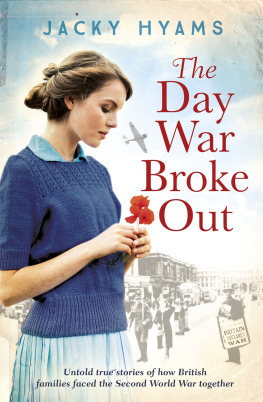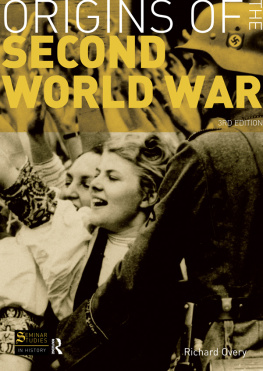Contents
On her eighty-fifth birthday I take my Mother, Pamela Moore, for a drink at her old family home, The Woodman Hotel at Clent, now renamed The French Hen and stuffed with French antiques and bric-a-brac. She is not impressed.
She can clearly remember this building in its heyday in the 1930s, when it was in its prime. Freshly decorated and newly carpeted, full of customers drinking, smoking, laughing, living! Listening to dance music playing on the radiogram. I can almost feel their ghostly presence.
We leave by the back door and walk across the car park. This, she says, is where I saw David for the last time. David was the boy she loved and hoped to marry; this place is where they kissed for the first, and last, time. He is one of many young airmen who have laughed and joked and drunk and smoked in the room we have just occupied, whose young lives were cut short by war. Despite the fact that if he had survived I would never have been born, I weep for their lost love.
So this is how it starts; my curiosity to find out more about my Mothers War, and her desire to record her memories before it is too late.
And what memories they turn out to be.
When we make the decision to record her reminiscences onto tape, we both assume it will be completed in a couple of hours. What she and I anticipate as a couple of foolscap sheets just keeps on coming, page after page, memory after memory.
She is just over fifteen years old and living at The Woodman Hotel when war is declared. Her fathers first act is to load a gun with three bullets one for Pamela, one for his wife and one for himself and is perfectly reconciled with using it to kill his family if the Germans invade. Pamela accepts that her father knows best without demur.
My mothers life is shaped and reshaped by the war. Her youth is snatched away by circumstances over which she has no control. As she says, I was forced to grow up very quickly. In not much over five short years, she goes from carefree schoolgirl to being a married woman with a baby and an absent husband posted overseas. On the way she enjoys happy times, suffers heartbreaking losses, has a near-death experience, gets married and has a baby, and celebrates when the Second World War finally comes to an end. Her accounts have made me realise why she is the incredible woman that she is today.
This is my mothers story.
This is Pamelas War.
Cherryl Vines, 2012
1
It is Sunday the 3rd of September 1939. It is not long past eleven in the morning. I am fifteen years and sixteen days old.
The radiogram at my home, The Woodman Hotel in Clent, has just been switched off, the silence resonates around the room, a deathly hush has fallen.
As usual on a Sunday morning the place is full. Weather-worn farm workers lounging in the front bar, dapper businessmen who have escaped the Sunday morning chores to sup a few pints of ale while their long-suffering wives stay at home to prepare the meal. The chef, who wandered out from the hot kitchens just a few minutes ago, wiping his hands on his crisp white apron, is vaguely annoyed that his pre-lunch routine is being disturbed, little knowing how much his life is about to change. The carefree chambermaids have scampered down from their bed-making duties, wondering what on earth can be so important to keep them from their work. My Mother, my Father and I, we are all there to share this terrible piece of news news that will change our lives forever.
We have all listened to the broadcast in stunned, horrified silence. Although summer is just coming to an end and autumn has barely started, with the golden leaves still stubbornly attached to the trees, there is a chill in the air.
We are in a state of shock, having heard confirmation of news that many have dreaded for months. The Prime Minister, Neville Chamberlain, has declared that, despite the best efforts of the politicians of the day to secure peace in our time, the inevitable has befallen us; despite pledges to the contrary, Germany has invaded Poland, Hitler has ignored requests to back down and so, therefore, BRITAIN IS NOW AT WAR WITH GERMANY.
There is a collective sigh. Never mind, someone says, trying to lighten the mood, itll all be over by Christmas!
If only! We were not to know it, but there would be six long Christmases of fear, deprivation and shortages before this awful war was over. The Prime Minister has requested that we all play our part with calmness and courage; little do we know at this time just how much courage it will take to get us through this dreadful ordeal.
Minutes after the broadcast ends, my Father, Sidney Wheeler, goes quietly up to his room and prepares for a potentially murderous act.
In a bedroom of the hotel in this quiet Worcestershire village, he methodically loads three bullets into his First World War revolver.
His intention, should the Germans invade, is to shoot his beloved family.
One bullet is for me (Pamela, his only child), the second for his wife Marie (my Mother) and the final one will be used to remove him from the horror of what he has just created through his actions.
He has given this plan a great deal of thought. A veteran of the Somme, he knows the Germans, he knows what is coming, he knows what war does to a man and he sees this act as perfectly reasonable. When the Germans come he will be ready!
Wrapping the loaded weapon carefully in a large cotton handkerchief, he stows it away. Pushing the drawer closed, he turns the key and prays that he will never be forced to have to use it.
Never having experienced the worries and deprivations of war and little knowing what lies ahead, my concerns at this time are rather more focused on my return to school for the new autumn term, getting together my uniform and books and preparing for the forthcoming and dreaded School Certificate.
Though I am not to know it just yet, Herr Hitler is soon to rid me of the requirement for, or the worry of, any of these things.
2
He has tried hard to put behind him the terrible sights and sounds of the battlefields of the First World War. He rarely speaks about what has happened.
But this War to end all Wars has seen him witness many, many dreadful barbarous acts, including the murder of his best friend, shot through the head by a German leaving a captured bunker. He has never said but I suspect that the perpetrator of this deadly act did not live long after this outrage. He has also witnessed the sickening experience of seeing one of his pals walking beside him who, having stood on a mine, is quite literally blown to kingdom come. There is nothing left of him at all. Absolutely nothing!
And there was so much more.
The rats, the lice, the mud, the blood, the stench of life (and death) in the trenches most of the troops spending hours up to their knees in water until the command, given by the sound of a whistle, to go over the top to attack and never knowing who would be next to die. And as if the bombs, the mines and the bullets are not enough of a threat, there is also the terror of mustard gas, which, creeping silently, blinds and kills. When he becomes an Officer he has an additional pressure to deal with. He carries forever the guilt of sending men to their deaths; for making just one wrong call can terminate a life, or many lives, on his say so alone.
The whole vile experience of his war which, together with that of his Birmingham pals, has been entered into with such nave hope, has culminated in the death of a generation of idealistic young men. They have joined up town-by-town, village-by-village, and since troops are gathered together on a geographical basis, many that fight together die together.
Thus whole villages are robbed of their men their fathers, sons, brothers and sweethearts; families frequently lose all of the men that they send for sacrifice, as they fight side-by-side so they die side-by-side.

